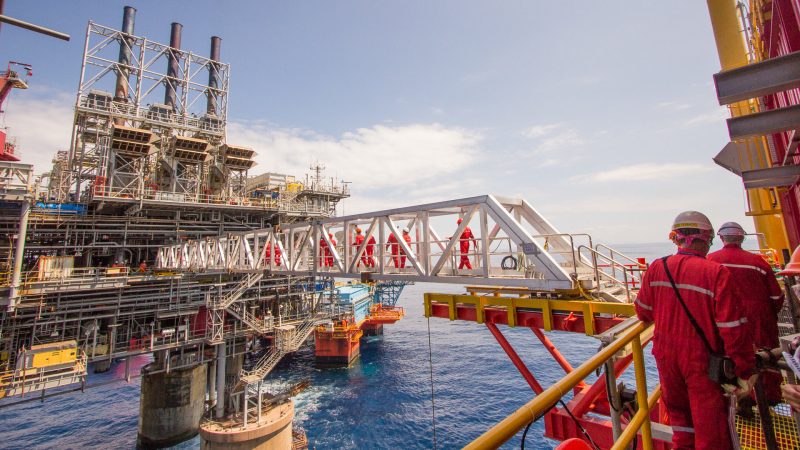Increasing Workplace Safety through Human Factors Engineering

“The objective of HFE is to ensure systems are designed in a way that optimizes the human contribution to production and minimizes potential for design-induced risks to health, personnel or process safety or environmental performance.” – Association of Oil and Gas Producers
Human Factors Engineering (HFE) is the discipline of applying what is known about human capabilities and limitations to the design of products, processes, systems, and work environments. It can be applied to the design of all systems having a human interface, including hardware and software. Specifically, for the oil and gas industry, these examples include human-machine integration, emergency escape and rescue, alarm management, equipment automation and valve criticality.
One of the worst oil spills in the U.S., Deepwater Horizon, serves as an important reminder for organisations to regulate safety checks and reinforce safety guidelines. The incident resulted in the loss of lives and cost the organisation more than $60 billion in fines and settlements.
The successful implementation of HFE increases occupational safety, improves workers’ productivity and increases the ROI as well. In doing so, there is an improvement in operational efficiency and optimisation of workloads as work disruptions are minimised.
In recent years, HFE has been incorporated into regulatory requirements. As such, the ABS Group issued a human factors engineering implementation guideline for offshore facilities design, the first of its kind in the offshore industry. This reiterates the need and importance for HFE in the industry.
Human Factors Engineering for Oil & Gas is a 3-day course where participants will understand the subject of Human Factors Engineering (HFE). HFE presents an opportunity for organisations to understand how design decisions affect human performance and improve operational performance. Delivered by a HFE expert, the course includes the use of case studies from real life examples. Participants will gain an in-depth understanding of the principles and benefits of HFE. For more information, please visit us at http://www.opuskinetic.com/training or contact us at info@opuskinetic.com
Opus Kinetic believes that people are why organisations are successful, and giving people the knowledge to perform well at their job is integral for success. We pride ourselves as the premier provider of knowledge, offering acclaimed in-house training, leadership training courses, oil and gas training courses, courses that target health safety and environment, etc. Our training courses are well researched and updated with the latest industry trends. For more information on our professional training programs, you can visit us at http://www.opuskinetic.com/training.
Hendrick, H.W. (2003). Determining the cost-benefits of ergonomics projects and factors that lead to their success. Applied Ergonomics, 34, 419-427

